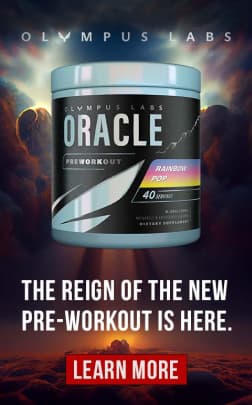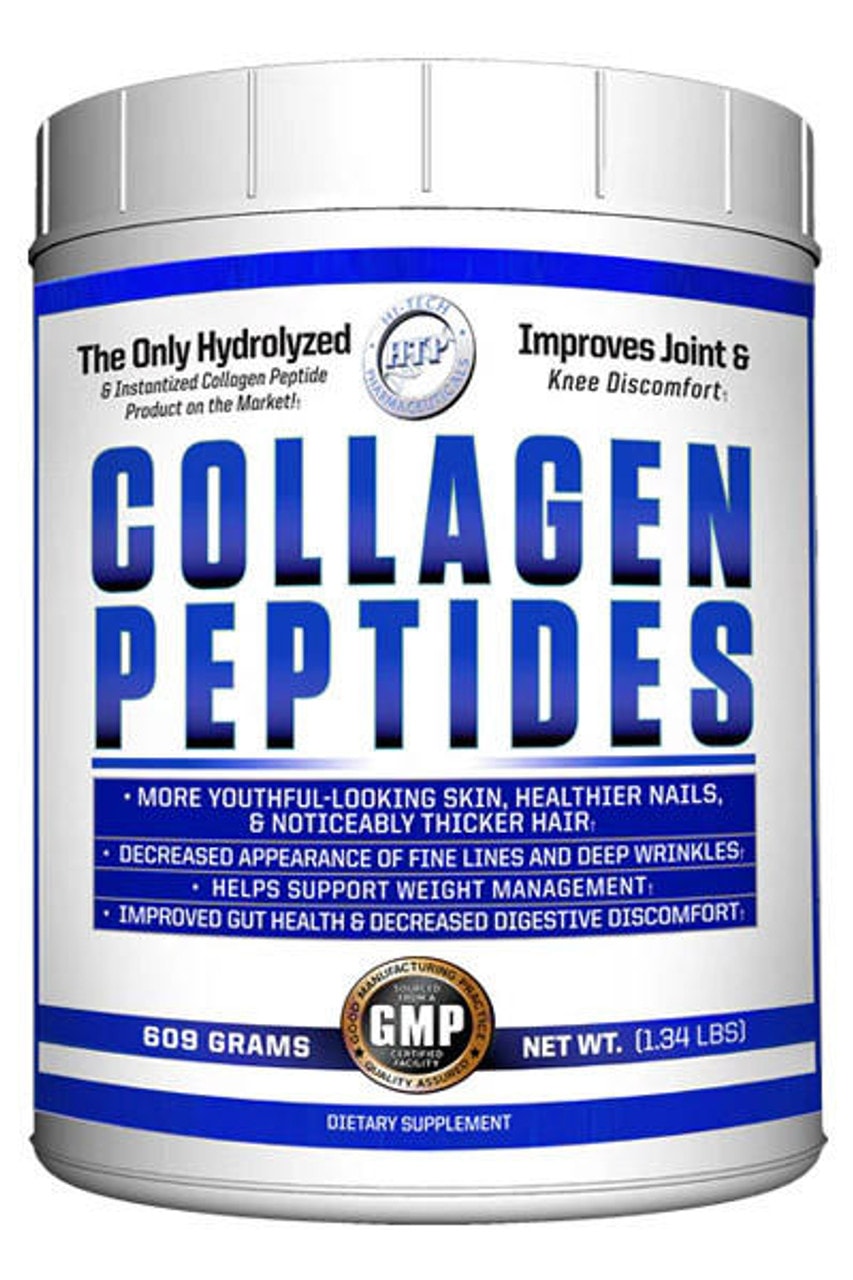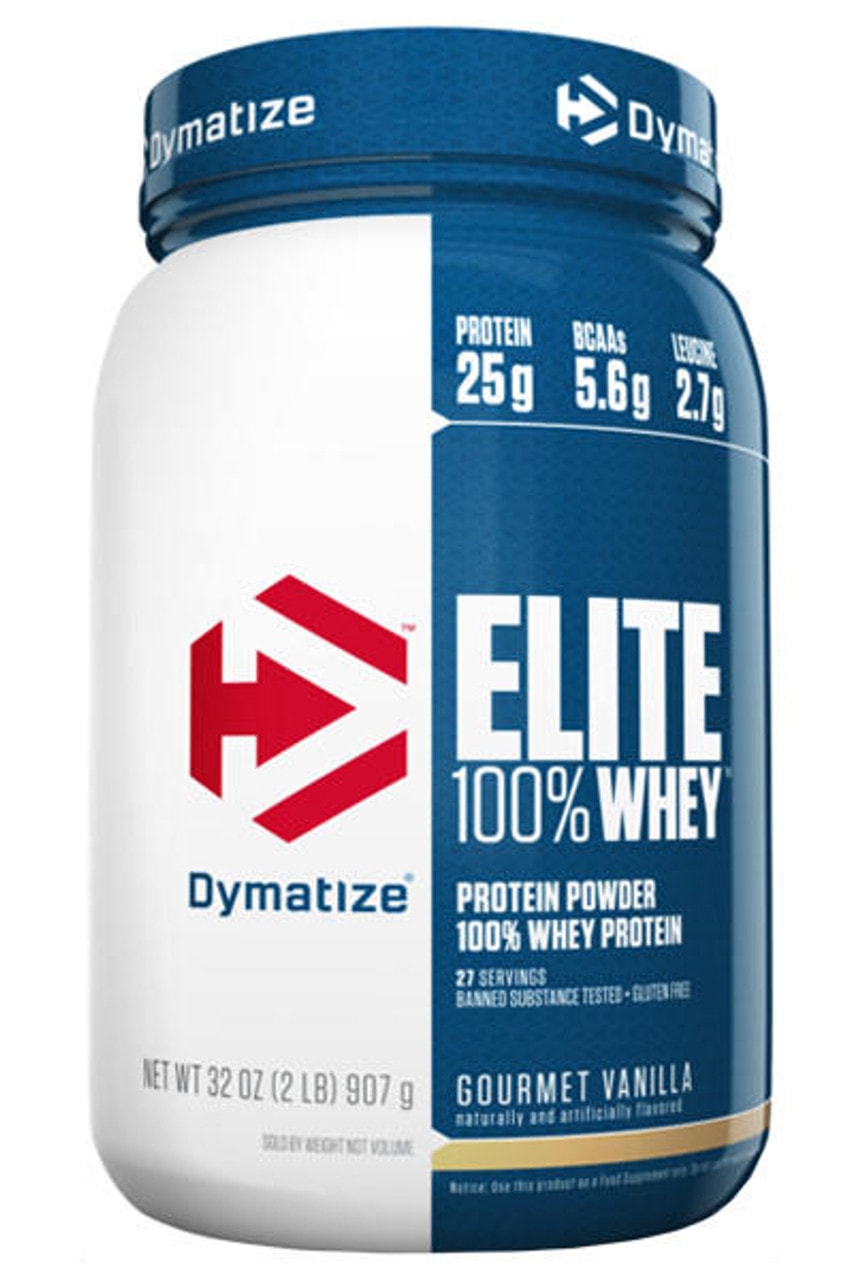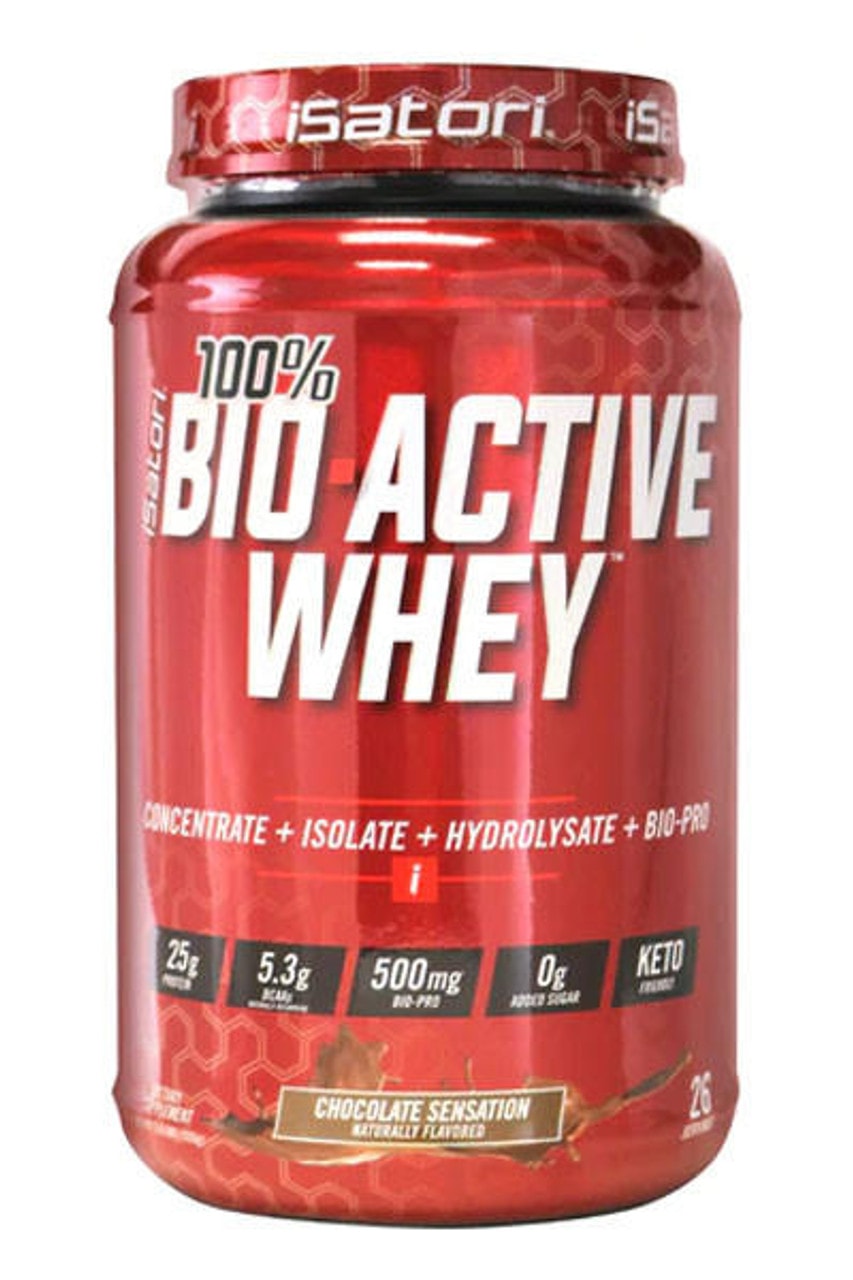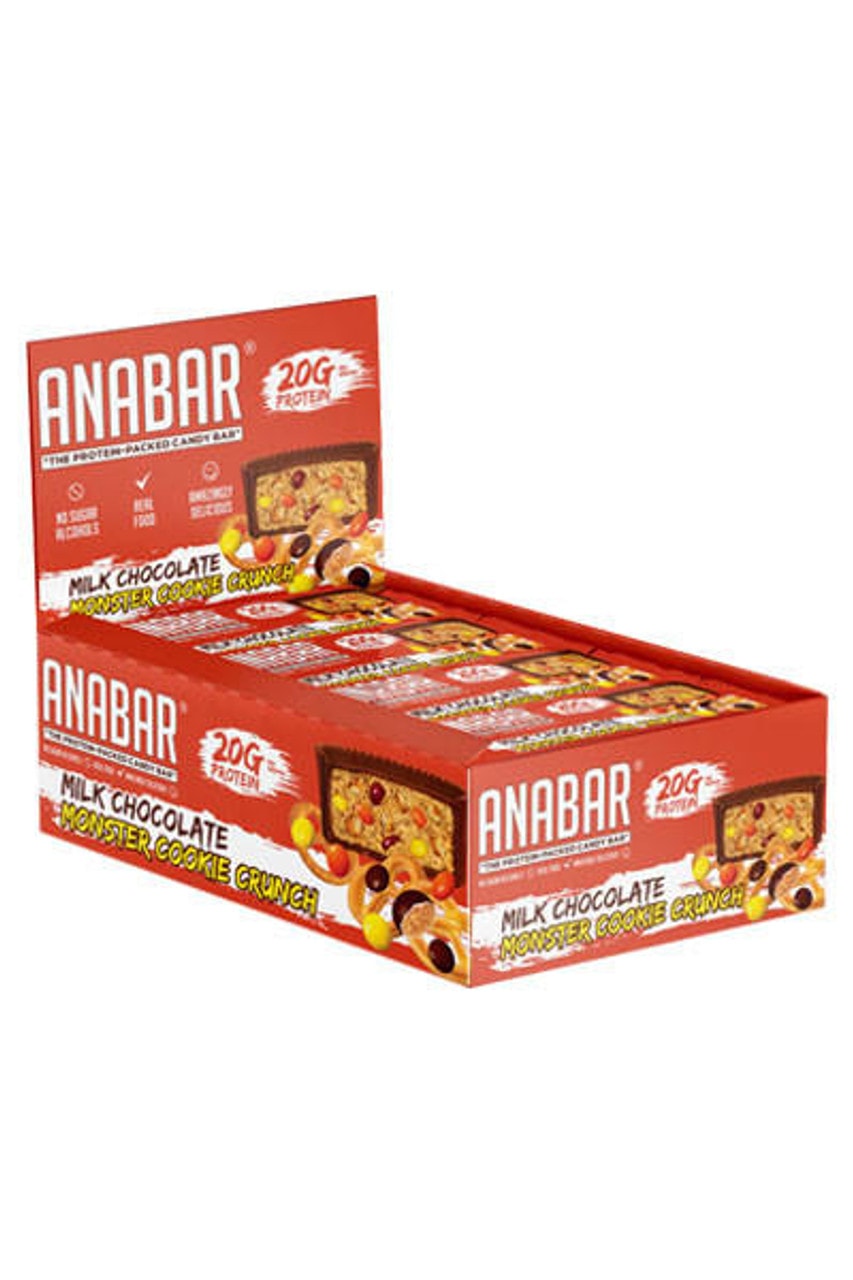Collagen vs. Protein Powder: Which One Is Best for You?
Posted by Leonard Shemtob on Jun 14, 2024
When it comes to promoting muscle growth, recovery, and overall health, both collagen and protein powder are well-known supplements. However, many people are unsure about the differences between these two and which one is the better choice.
In this article, we'll explore the differences between collagen and protein powder, compare their benefits, and help you decide which supplement might be the right choice for your health goals.
Whether you're looking to boost your skin health, boost muscle growth, or support overall wellness, understanding the strengths of each can guide you in making an informed decision. Let's dive into the world of collagen and protein powder and see which one comes out on top.
[Related] Protein Powder vs. Pre-Workout: Which is Right for You?
Short Summary
- Collagen and Protein Powder: These are two popular supplements with different benefits. Collagen is great for skin, joints, and bones, while protein powder is excellent for muscle building and overall protein intake.
- Benefits of Collagen: Collagen helps improve skin elasticity, reduce wrinkles, support joint health, and strengthen bones.
- Protein Powder Benefits: Protein powder aids in muscle growth, repair, and recovery after workouts, promotes satiety, and helps meet daily protein needs.
- Key Differences: Collagen is a specific type of protein focused on skin, joint, and bone health, while protein powder is a general protein source ideal for muscle growth and recovery.
- Ready to start your fitness journey? Check out our top recommendations for collagen, Collagen Peptides, and protein powder supplements, Elite 100% Whey to find the perfect fit for your goals and preferences.
What is Collagen?
Collagen is a type of protein that is naturally found in your body. It is the most abundant protein in humans, making up about one-third of the body’s protein content.
Collagen is a major component of your skin, bones, muscles, tendons, and ligaments. It acts like a glue that holds your body together, providing structure and strength.
As you age, your body produces less collagen, resulting in signs of aging like wrinkles and weaker joints. This is why collagen supplements have become popular—they help replenish your body’s collagen levels, supporting skin elasticity and joint health.
Benefits of Collagen
- Improved Skin Health: Enhances skin elasticity, reduces wrinkles, and boosts hydration for a youthful appearance.
- Stronger Hair and Nails: Strengthens hair and nails, reducing brittleness and promoting growth.
- Joint Pain Relief: Maintains cartilage integrity, reducing joint pain and improving mobility.
- Bone Health: Increases bone density, helping to keep bones strong as you age.
- Muscle Mass: Supports muscle repair and growth, preserving muscle mass, especially with regular exercise.
- Enhances Hair and Nails: It strengthens hair and nails, preventing brittleness and promoting growth.
- Gut Health: Strengthens the digestive tract lining, improving digestion and reducing digestive issues.
Collagen Nutrition Profile
Collagen is a unique protein with a distinct nutritional profile. Here's what makes it special:
Amino Acids
Collagen is rich in specific amino acids that are essential for various bodily functions:
- Glycine: Supports the production of other proteins and contributes to healthy skin.
- Proline: Helps in the regeneration of cartilage and maintains skin health.
- Hydroxyproline: Strengthens connective tissues and is a key component in collagen stability.
- Alanine: Aids in energy production and supports the immune system.
Protein Content
Collagen is a pure protein source, providing a substantial amount of protein per serving. Unlike other protein sources, it contains minimal to no fats or carbohydrates, making it an excellent option for those looking to increase protein intake without extra calories.
Collagen Drawbacks
While collagen offers benefits, it's important to be aware of its potential drawbacks:
- Limited Scientific Evidence: Not all claimed benefits of collagen are backed by extensive scientific research.
- High Cost: Collagen supplements can be expensive, which may be a barrier for some people.
- Side Effects, Maybe: Some people experience mild side effects like bloating, heartburn, or upset stomach. These are usually temporary and go away as your body adjusts.
- Not Suitable for Vegans: Collagen is typically derived from animal sources. So it might not be suitable for vegans, vegetarians, or those with dietary restrictions.
- Limited Amino Acids: Collagen lacks a complete range of amino acids compared to other protein sources.
- Potential Interactions: Collagen may interact with certain medications and may not be suitable for those with certain medical conditions.
Who Should Use Collagen Peptides Powder?
Collagen peptide powder can be beneficial for a wide range of people. Here’s who might benefit the most from using collagen peptide powder:
Athletes and Bodybuilders: Collagen protein can help athletes and bodybuilders support muscle growth and recovery, reducing muscle soreness and improving overall performance.
Individuals with Joint Pain: People experiencing joint pain or stiffness may find relief with collagen protein, as it supports joint health and can reduce discomfort.
Those Looking to Improve Skin Health: Collagen protein can help improve skin elasticity, reduce wrinkles, and enhance overall skin hydration, making it a good choice for those looking to maintain youthful, healthy skin.
Individuals with Osteoporosis: People with osteoporosis or low bone density may benefit from collagen, which supports bone strength and can help reduce the risk of fractures.
People with Brittle Hair and Nails: Collagen protein can strengthen hair and nails, reducing brittleness and promoting growth.
Best Collagen Supplement: Collagen Peptides by Hi-Tech Pharmaceuticals
Collagen Peptides by Hi-Tech Pharmaceuticals is a supplement designed to support various aspects of health. With 20 grams of high-quality, grass-fed Type I and Type III collagen, this supplement aims to support joint health, skin, nails, hair, weight management, and gut health.
Whether you are an athlete or someone looking to improve your overall well-being, Collagen Peptides can provide essential building blocks for your body.
What is Protein Powder
Protein powder is a popular dietary supplement designed to help people increase their protein intake. It is especially favored by athletes, bodybuilders, and those looking to improve their fitness and health.
Protein powder comes in various forms, each sourced from different ingredients:
- Whey Protein: Made from milk, whey protein is one of the most common types. It is quickly absorbed by the body and is rich in all essential amino acids.
- Casein Protein: Also made from milk, casein is absorbed more slowly than whey, making it perfect for sustained protein release.
- Egg Protein: It is made from egg whites, this type provides high-quality protein with all essential amino acids.
- Plant-Based Protein: Includes options like pea, rice, hemp, and soy protein. These are ideal for vegetarians, vegans, and those with dairy allergies.
Benefits of Protein powder
- Muscle Building and Repair: Protein powder supplies essential amino acids crucial for muscle growth and repair, aiding in post-workout recovery.
- Weight Management: It promotes feelings of fullness, assisting in calorie control and supporting weight loss or maintenance goals.
- Convenient Protein Source: Easily mixed into drinks or smoothies, protein powder provides a quick and portable way to boost protein intake, ideal for busy lifestyles.
- Recovery Rocket: It helps muscles recover faster after workouts, reducing soreness.
- Enhances Exercise Performance: Improves exercise performance and recovery, allowing for more effective workouts.
- Supports Overall Health: Essential for maintaining healthy bones, immune function, and hormone production.
Protein Powder Nutrition Profile
Protein powder is not only a convenient way to increase your protein intake but also offers various nutritional benefits:
High-Quality Protein: Protein powders are rich in high-quality protein, typically providing 20-25 grams per serving. This protein content supports muscle growth, repair, and overall health.
Low in Fat and Carbohydrates: Most protein powders are low in carbohydrates and fat, making them ideal for those who want to boost their protein intake without consuming excess calories.
Essential Amino Acids: Protein powders contain essential amino acids, which are critical for various bodily functions, including muscle repair and immune function.
Vitamins and Minerals: Depending on the type of protein powder, it may also contain various vitamins and minerals. For example, whey protein isolate is mostly fortified with minerals and vitamins to boost its nutritional value.
Drawbacks of Protein Powder
While protein powder offers many benefits, there are some drawbacks to consider:
- Digestive Issues: Protein powder can sometimes cause bloating, gas, or upset stomach, especially in large amounts or for those with sensitive stomachs.
- Allergies: Some individuals may have allergies to ingredients in protein powder, causing digestive issues or other reactions.
- Kidney Issues: Excess protein can put a strain on your kidneys, especially for those with pre-existing kidney issues. Stick to recommended dosages.
- High Sugar Content: Some protein powders are loaded with added sugar for flavor. Be mindful of labels and choose options lower in sugar.
- Quality Concerns: Not all protein powders are of the same quality, which can affect their effectiveness and safety.
- Added Ingredients: Certain protein powders may contain added sugars, artificial flavors, or other additives, which can contribute to excess calorie intake and undermine health goals.
Who Should Use Protein Powder?
Here are some groups of people who may particularly benefit from incorporating protein powder into their diet:
Athletes and Bodybuilders: Protein powder can help athletes and bodybuilders support muscle growth and recovery, reducing muscle soreness and improving overall performance.
People Looking to Build Muscle: Anyone aiming to build muscle mass can benefit from the high protein content in protein powder, which supports muscle growth and strength.
Weight Management: People looking to manage their weight can use protein powder to help them feel full and satisfied, reducing overall calorie intake.
Vegetarians and Vegans: Vegetarians and vegans can use plant-based protein powders to ensure they get enough protein, which might be harder to obtain from a plant-based diet alone.
Faster Recovery is Key: Protein helps your body repair itself after exercise, reducing muscle soreness and getting you back to the gym quicker.
Busy Individuals: For those with demanding schedules, it can be difficult to ensure they are getting enough protein in their diet. Protein powder offers a convenient and portable solution, allowing individuals to easily incorporate protein into their daily routine.
Best Protein Supplements
1- Elite 100% Whey by Dymatize Nutrition
Elite 100% Whey by Dymatize Nutrition is designed to support your muscle-building goals. It provides a blend of ion-exchange whey protein isolate, whey protein concentrate, and whey protein, making it a reliable source of high-quality protein.
This product is suitable for consumption both before and after workouts, helping to fuel muscles and aid in recovery. Additionally, it contains high levels of branched-chain amino acids (BCAAs), which are known to promote boost growth and recovery.
Elite 100% Whey also stands out for its enjoyable taste, contributing to its reputation as a top choice in whey isolate protein powders.
2- Bio-Active Whey by iSatori
Bio-Active Whey Protein by Isatori is designed with a high-quality protein complex, including concentrate, isolate, and hydrolysate, complemented by BIO-GRO Active Peptides.
The unique formula of Bio-Active Whey Protein supports increasing strength, improving lean muscle mass, and enhancing recovery. The Bio-Active Peptides are designed to aid in muscle repair and assist with adaptation to resistance training, promoting power and muscle development.
Studies have shown that the BIO-GRO component in Bio-Active Whey can help increase strength in users over an 8-week period.
Customer Reviews
 Great product!
Great product!
“Its great tasting, super easy to digest, no bloating, easy to mix, and a great formula! Ive been recommending it to all my friends, thanks!”
-JC
Anabar (Best Protein Bar)
Anabar is a protein bar packed with real cinnamon cereal pieces and coated in smooth white chocolate, providing a nostalgic taste without guilt. It's suitable for fitness enthusiasts and wellness-focused individuals.
Anabar distinguishes itself in the protein bar market by offering a flavorful option without the digestive discomfort often associated with sugar alcohols and excessive fiber. Whether you're looking for a snack or a meal replacement, Anabar provides a satisfying option.
Customer Reviews
 What a treat!
What a treat!
“These bars taste great and have a good texture, they are NOT dry or bland as some others I've tried. Sometimes I have them in the morning, and sometimes I have them prior to hitting the gym when I'm a little hungry but don't want to have a full meal before working out. 20 grams of protein: what a treat!”
-Roy
 Really tasty protein bar
Really tasty protein bar
“I’ve been keeping these around the office to help increase my protein intake between meals. All the flavors are delicious and taste like candy but my favorite two are the smores and the monster cookie crunch.”
-Jacob
What is the Difference Between Collagen Powder and Protein Powder?
Collagen powder and protein powder are both supplements that provide protein, but they have key differences:
Source
- Collagen Powder: Made from animal connective tissues, such as skin, bones, and cartilage.
- Protein Powder: This can come from various sources like milk (whey, casein), plants (soy, pea, hemp), or eggs.
Amino Acid Profile
- Collagen Powder: High in specific amino acids like glycine, proline, and hydroxyproline, but lacks some essential amino acids, making it an incomplete protein.
- Protein Powder: Usually contains all essential amino acids, making it a complete protein source, ideal for muscle building.
Benefits
- Collagen Powder: Best for improving skin elasticity, reducing wrinkles, strengthening hair and nails, and supporting joint health.
- Protein Powder: Ideal for muscle building, workout recovery, weight management, and meeting daily protein requirements.
Usage
- Collagen Powder: Often used for improving skin, joints, and bone health.
- Protein Powder: Commonly used by athletes, bodybuilders, and those looking to increase protein intake.
So Which One is Better: Collagen or Protein Powder?
Choosing between collagen and protein powder depends on your specific health and fitness goals:
Collagen Powder
- Best For: Improving skin elasticity, reducing wrinkles, strengthening hair and nails, and supporting joint health.
- Ideal Users: Those focused on beauty and joint support, older adults, and individuals with digestive issues.
Protein Powder
- Best For: Building muscle, enhancing workout recovery, managing weight, and meeting daily protein needs.
- Ideal Users: Athletes, bodybuilders, busy individuals, vegetarians, and vegans.
Conclusion
Collagen Powder is better if your primary goals are improving skin, hair, nails, and joint health.
Protein Powder is better if you need to increase overall protein intake, build muscle, or support weight management.
Conclusion
Choosing between collagen powder and protein powder depends on your specific health goals. Collagen powder is great for supporting skin, joint, and bone health, while protein powder is ideal for muscle building, recovery, and overall protein intake
Both supplements have their unique benefits and can be used together to complement each other. Understanding the differences and benefits of each can help you make an informed decision on which one is ideal for you.
Written and Sponsored by Leonard Shemtob
Leonard Shemtob is President of Strong Supplements and a published author. Leonard has been in the supplement space for over 20 years, specializing in fitness supplements and nutrition. Leonard appears on many podcasts, written over 100 articles about supplements and has studied nutrition, supplementation and bodybuilding.
Leonard's articles have been published in many top publications around the web. Leonard enjoys weight training, playing basketball and yoga, and also enjoys hiking. In his free time he studies and works on improving himself. For more detailed information, visit his official blog.
Frequently Asked Questions (FAQs)
A: Collagen and protein powder are both dietary supplements, but they have different compositions and benefits. Collagen is a type of protein that is rich in amino acids, particularly glycine, proline, and hydroxyproline and is often used to support skin, joint, and bone health. Protein powder, on the other hand, is a type of protein that is rich in amino acids, particularly branched-chain amino acids (BCAAs) and is often used to support muscle growth and recovery.
A: The better choice depends on your specific health and fitness goals. Collagen powder is better for skin, hair, nails, and joint health, while protein powder is better for muscle building, workout recovery, and meeting daily protein needs.
A: No, collagen protein and whey protein have different functions and benefits. While both are important for overall protein intake, whey protein is particularly effective for muscle building, recovery, and weight loss, whereas collagen protein is better suited for supporting skin, bone, and joint health.

- https://thebalancednutritionist.com/collagen-vs-protein-powder
- https://kaynutrition.com/collagen-vs-protein-powder
